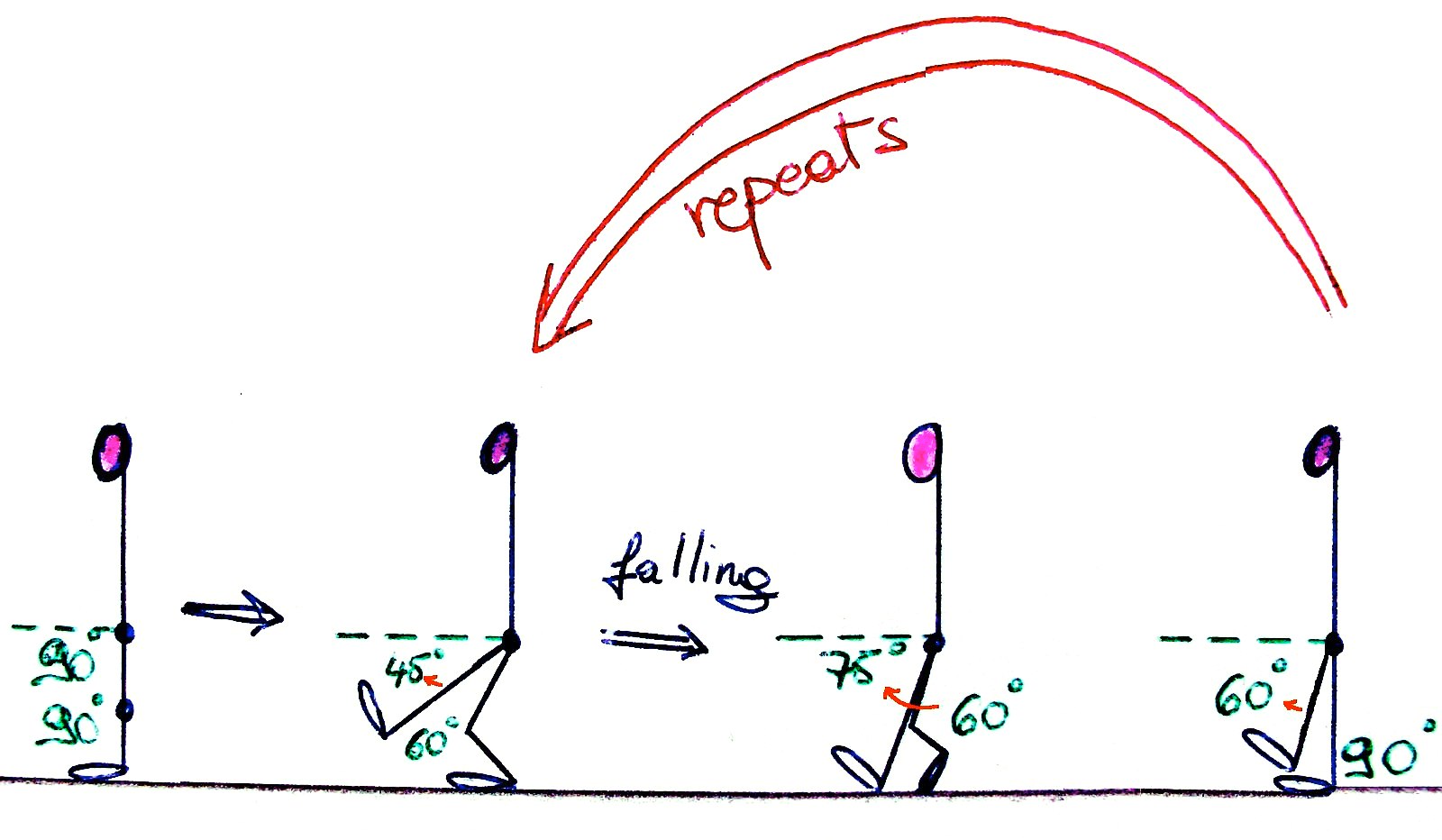Science and Sentimentality

Flusser translated the title of his essay “Geste und Gestimmtheit” as “Gesture and Sentimentality”. I didn’t. I found, and to some extent still find that particular word misleading at best. Its equivalence to “Gestimmtheit” is almost beside the point. It is certainly the case that “sentimentality” wasn’t always so uncharitably associated with exaggerated, false, or inappropriate feelings as it is now. In his novel Sentimental Education, for example, Flaubert set out to write a “moral history” of his time. That term, too, has surely shifted meaning. “Sentimental,” in any case, seems to have made very broad and not especially judgemental reference to emotions, feelings, convictions, reactions, decisions, etc. that are not logical.
I’m not surprised that an equivalent English word was far from obvious; I chose “affect” as an equivalent in part because the various understandings that swirl about the word now carry something of the mystery, difficulty, complexity of human communication (“Gestimmtheit” doesn’t crop up a lot in everyday German speech either.) That is certainly at least one of the points Flusser is trying to make. The essay in question sets out to “ambush” the term, he says. He clearly anticipated difficulties.
I must assume that Flusser chose “sentimentality” based on its older, broader, and more honourable meaning, that is, roughly a psychological “other” to logical thought. Given its use in a general introduction, however, it seems as if “logic” is subsumed under “sentiment” (or, as I translated it, “affect”) after all. We necessarily understand others by “reading” their gestures. It is through gestures — complex, difficult, vulnerable to confusion and misunderstanding, that even the most stringent logic must be communicated.


